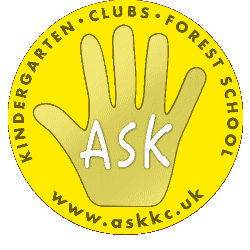

Overarching principles
Four guiding principles should shape practice in early years settings. These are:
- every child is a unique child, who is constantly learning and can be resilient, capable, confident and self-assured;
- children learn to be strong and independent through positive relationships;
- children learn and develop well in enabling environments, in which their experiences respond to their individual needs and there is a strong partnership between practitioners and parents and/or carers; and
- children develop and learn in different ways and at different rates.
Characteristics of effective teaching and learning
The three characteristics are:
- playing and exploring - children investigate and experience things, and 'have a go';
- active learning - children concentrate and keep on trying if they encounter difficulties, and enjoy achievements; and
- creating and thinking critically - children have and develop their own ideas, make links between ideas, and develop strategies for doing things.
Activities & Experiences
There are 7 areas of learning and development all of which are important and inter-connected.
The 3 prime areas are particularly crucial for igniting children's curiosity and enthusiasm for learning, and for building their capacity to learn, form relationships and thrive. Children are supported in the 4 specific areas, through which the three prime areas are strengthened and applied.
3 Prime areas:
- 1. Communication & language development involves giving children opportunities to experience a rich language environment; to develop their confidence and skills in expressing themselves; and to speak and listen in a range of situations.
- 2. Physical development involves providing opportunities for youg children to be active and interactive; and to develop their co-ordination, control and movement. Children must also be helped to understand the importance of physical activity, and to make healthy choices in relation to food.
- 3. Personal, social & emotional development involves helping children to develop a positive sense of themselves and others; to form positive relationships and develop respect for others; to develop social skills and learn how to manage their feelings; to understand appropriate behaviour in groups; and to have confidence in their own abilities.
4 Specific areas:
- 1. Literacy development involves encouraging children to link sounds and letters and to begin to read and write. Children must be given access to a wide range of reading materials (books, poems and other written materials) to ignite their interest.
- 2. Mathematics involves providing children with opportunites to develop and improve their skills in counting, understanding and using numbers, calculating simple addition and subtraction problems; and to describe shapes, spaces and measures.
- 3. Understanding the world involves guiding children to make sense of their physical world and their community through opportunities to explore, observe and find out about people, places, technology and the environment.
- 4. Expressive arts & design involves enabling children to explore and play with a wide range of media and materials, as well as providing opportunities and encouragement for sharing their thoughts, ideas and feelings through a variety of activities in art, music, movement, dance, role-play and design and technology.
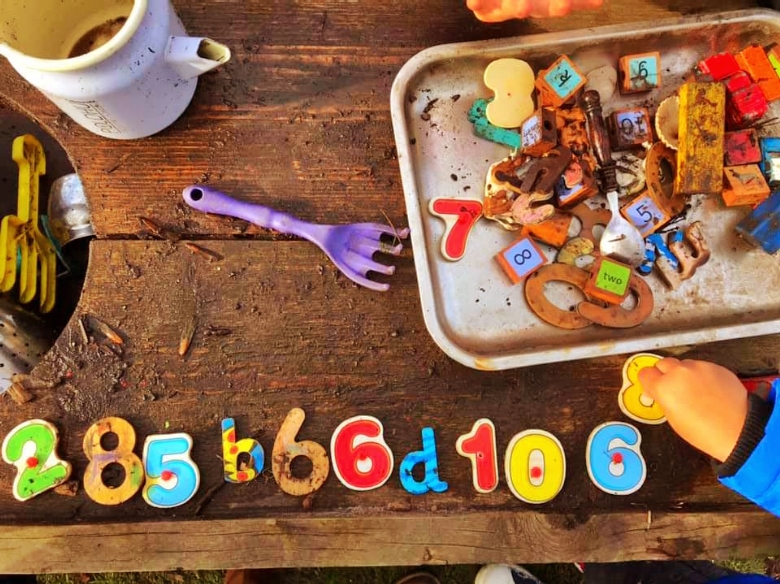
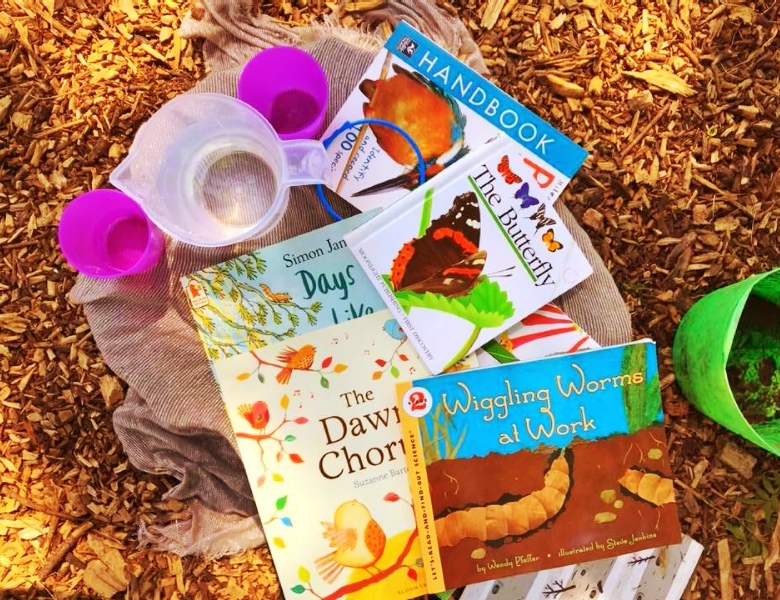
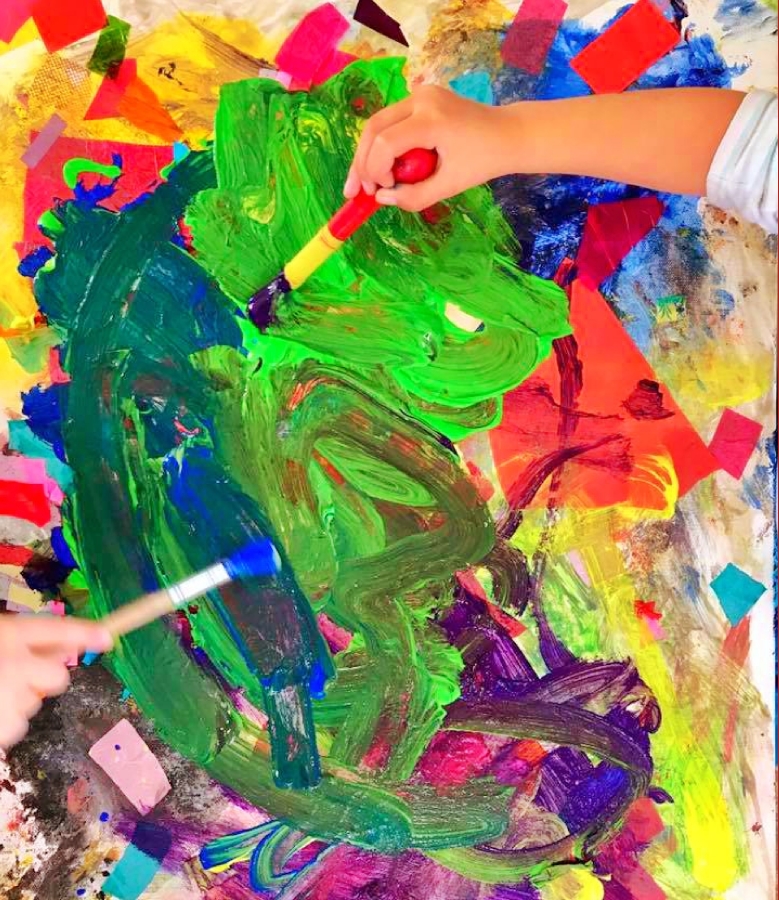
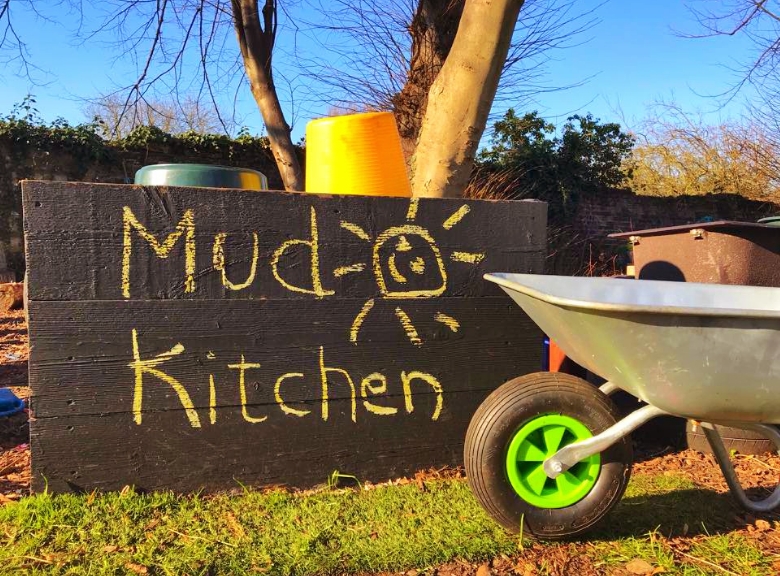
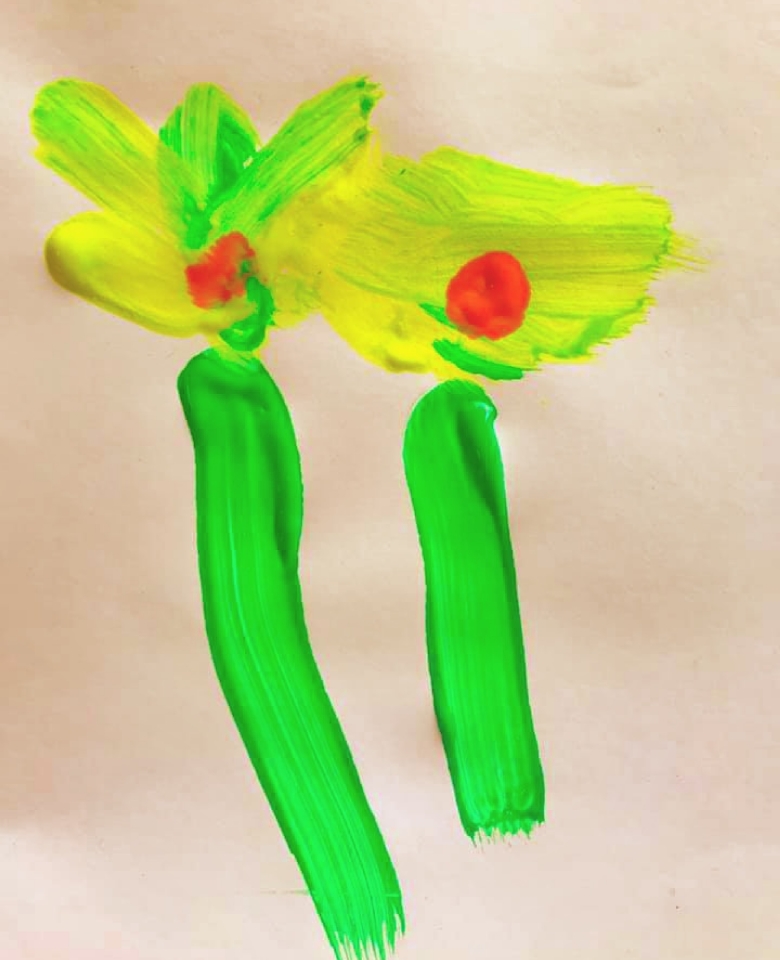
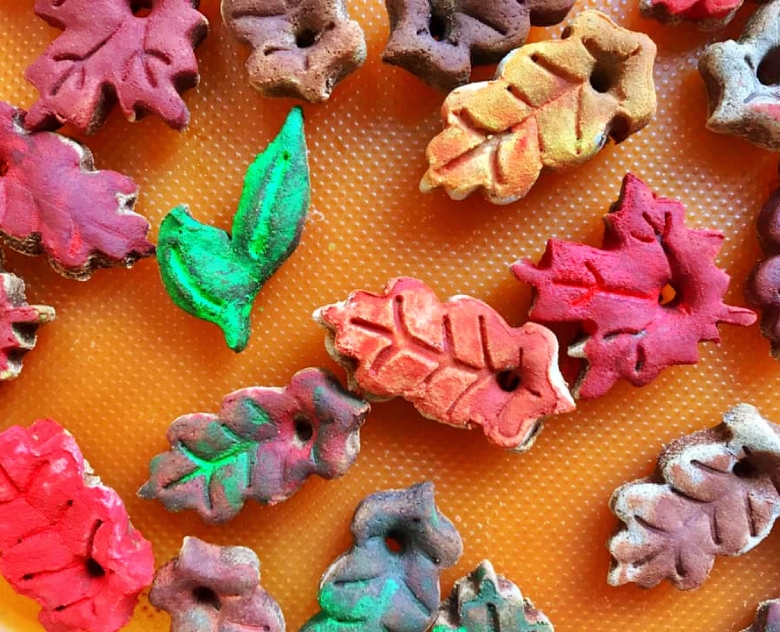
©2023 ASK Kindergarten & Clubs